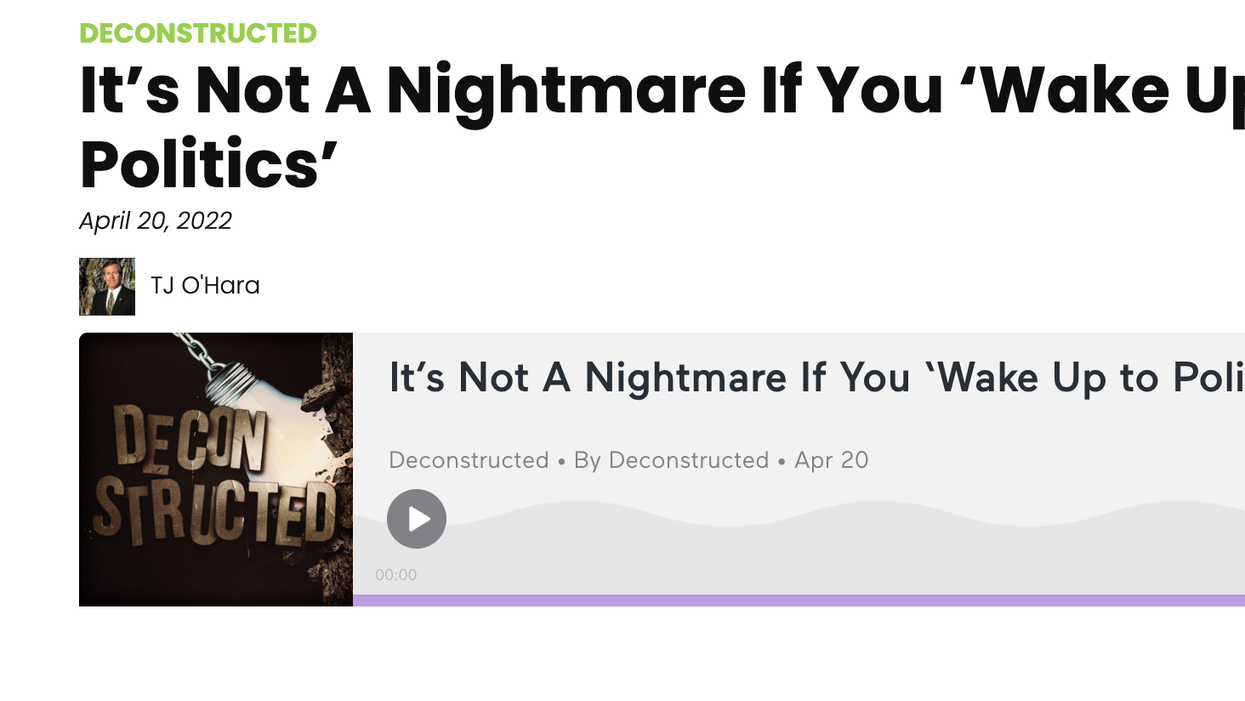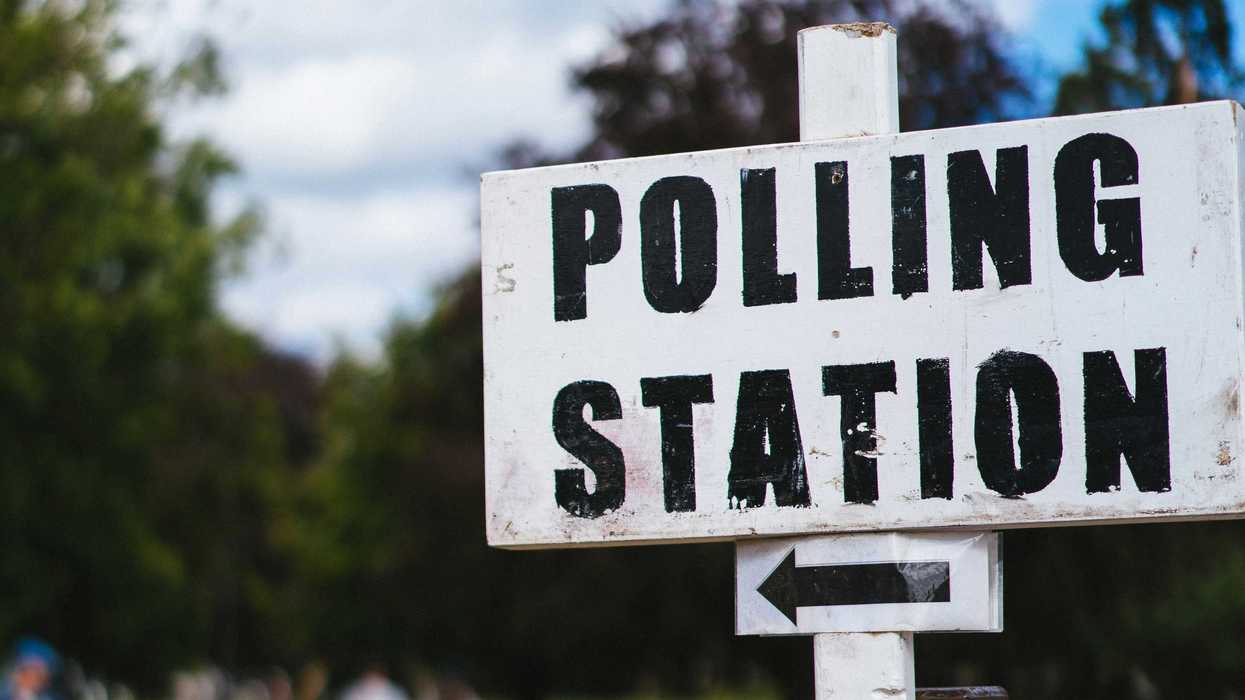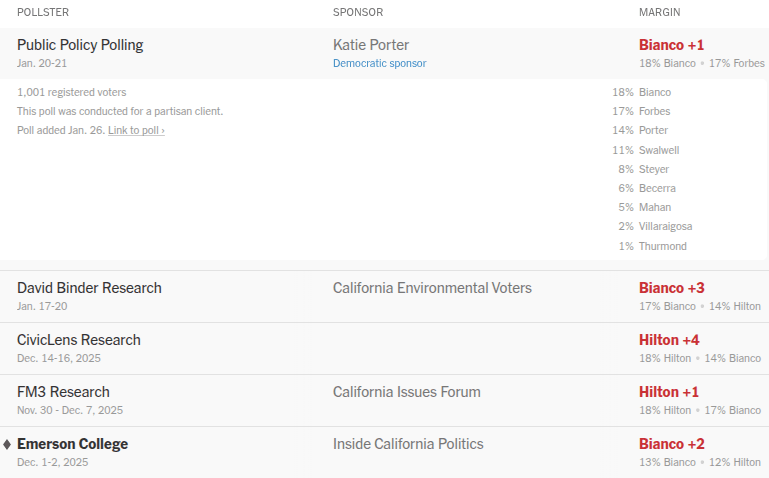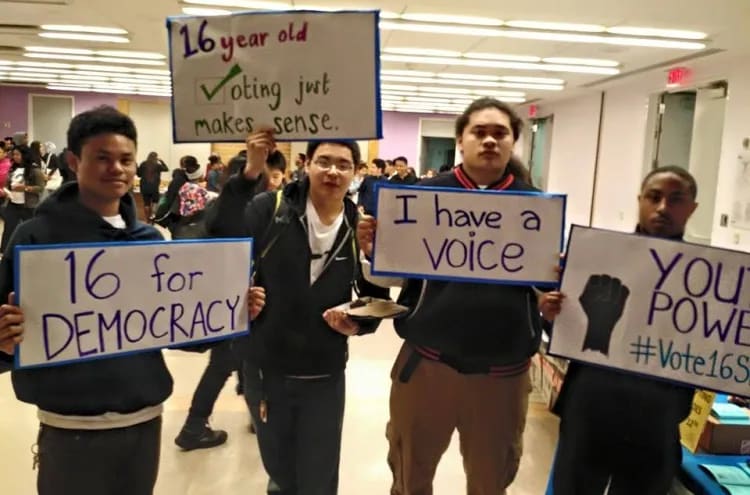Gabe Fleisher, the founder of Wake Up to Politics, joins host T.J. O’Hara on Deconstructed to talk about delivering political news in a meaningful and unbiased way. Mr. Fleisher is a bit of a political prodigy who became interested in politics during the 2008 presidential campaign at the age of six. Three years later, as a more experienced aficionado of the space, he launched a newsletter that first reached an audience of one (his mother) but now starts the days of over 50,000 subscribers in every state and dozens of countries.
It’s Not A Nightmare If You ‘Wake Up to Politics’
 It’s Not A Nightmare If You ‘Wake Up to Politics’
Gabe Fleisher, the founder of Wake Up to Politics, joins host T.J. O’Hara on Deconstructed to talk about delivering political news in a meaningful and unbiased way. Mr. Fleisher is a bit of a political prodigy who became interested in politics during the 2008 presidential campaig
It’s Not A Nightmare If You ‘Wake Up to Politics’
Gabe Fleisher, the founder of Wake Up to Politics, joins host T.J. O’Hara on Deconstructed to talk about delivering political news in a meaningful and unbiased way. Mr. Fleisher is a bit of a political prodigy who became interested in politics during the 2008 presidential campaig






















